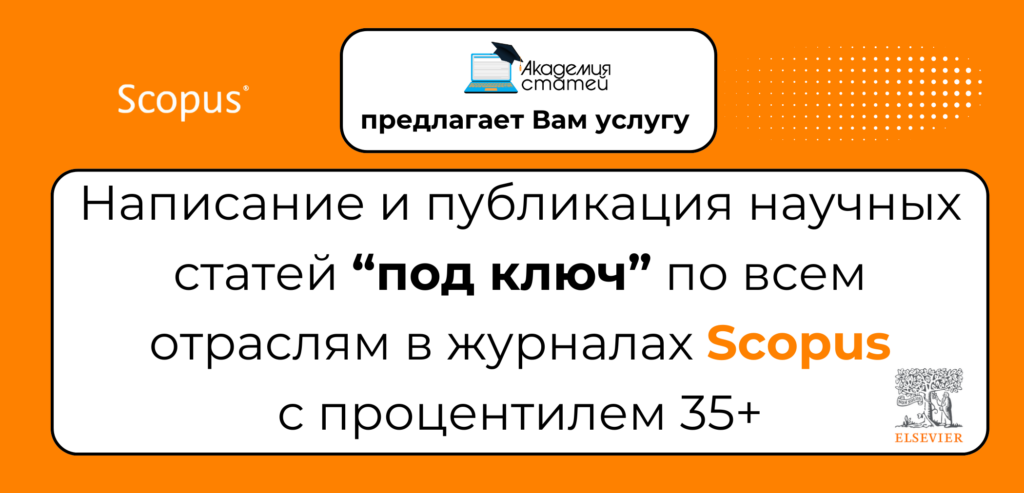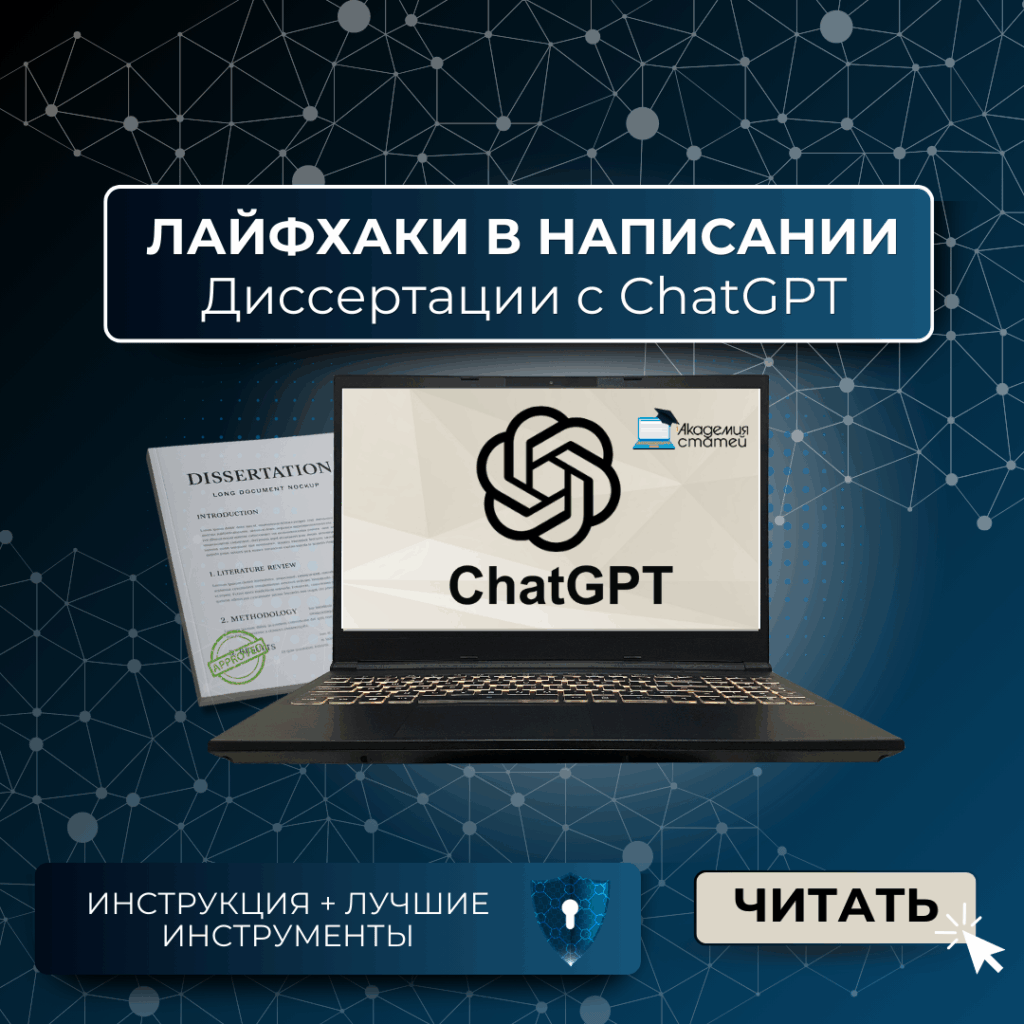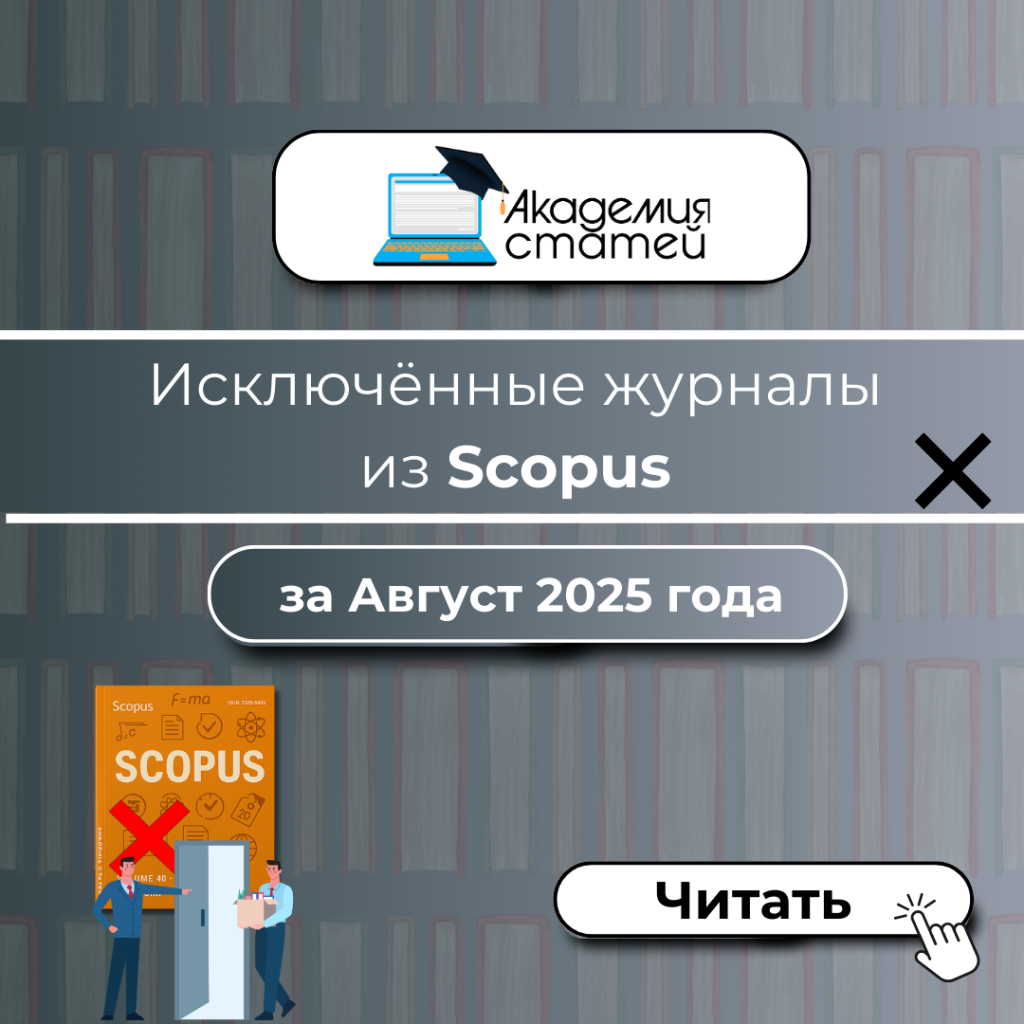Participating in scientific conferences indexed by Scopus is an important step for researchers seeking to increase the visibility of their work and gain recognition in the international scientific community. These conferences provide high-quality peer review and the opportunity to publish in prestigious journals. However, finding relevant conferences indexed by Scopus can be challenging, as there are many non-indexed or pseudo-scientific events. In this article, we will discuss effective ways to search for indexed conferences in Scopus, helping scientists choose the best option for publishing their research.
1. Web of Conference
Advantages:
🔹 Currently, Scopus only indexes 2 collections:
— BIO Web of Conferences;
— E3S Web of Conferences;
🔹 Guaranteed indexing in Scopus after publication.
🔹 High speed of publication of materials.
Flaws:
📌 Mainly covers technical and natural sciences.
📌 Publication may be subject to a fee.
Conference link: https://www.webofconferences.org/
2. CEUR-WS.org
Advantages:
🔹 Free publication.
🔹 Widely used in the field of computer science and information technology.
🔹 Open access to materials.
Flaws:
📌 Not all issues are indexed in Scopus (check).
📌 Less recognition in academic circles compared to other publishers.
Conference link: https://ceur-ws.org/

3. AIP conference
Advantages:
🔹 Focus on physics, materials science, engineering.
🔹 High level of scientific peer review.
🔹 Often indexed in Scopus.
Flaws:
📌 High cost of participation and publication.
📌 Limited coverage of social sciences and humanities.
Conference link: https://pubs.aip.org/aip/acp
4. IEEE
Advantages:
🔹 The highest level of recognition in the fields of engineering, IT and technology.
🔹 100% probability of indexing in Scopus.
🔹 Opportunity to establish contacts with leading experts.
Flaws:
📌 High competition for submissions.
📌 Expensive registration and publication.
Conference link: https://www.ieee.org/

5. Lecture Notes in Computer Science (Springer)
Advantages:
🔹 High citation impact in computer science.
🔹 100% probability of indexing in Scopus.
🔹 Prestigious edition from Springer.
Flaws:
📌 Very high requirements for the quality of materials.
📌 Can be expensive for authors.
Conference link: https://www.springer.com
Conclusion:
Finding conferences whose proceedings are indexed in Scopus is an important step for researchers seeking to increase the visibility of their work and ensure its recognition in the international scientific community. To find a conference indexed in Scopus, it's important to consider:
✅ Theme – choose a platform that matches your field (IEEE – IT, AIP – physics, etc.).
✅ Indexation guarantee – check the conference in Scopus Source List.
✅ Peer review level – prestigious conferences have a strict selection process, but also a higher citation rate.
✅ Costs – publication can be expensive (IEEE, AIP) or free (CEUR-WS.org).
Before submitting your application, it is worth checking all the requirements to choose the conference that best suits your research goals.
If you need a scientific conference in Scopus – Academy of Articles will help you with this.






